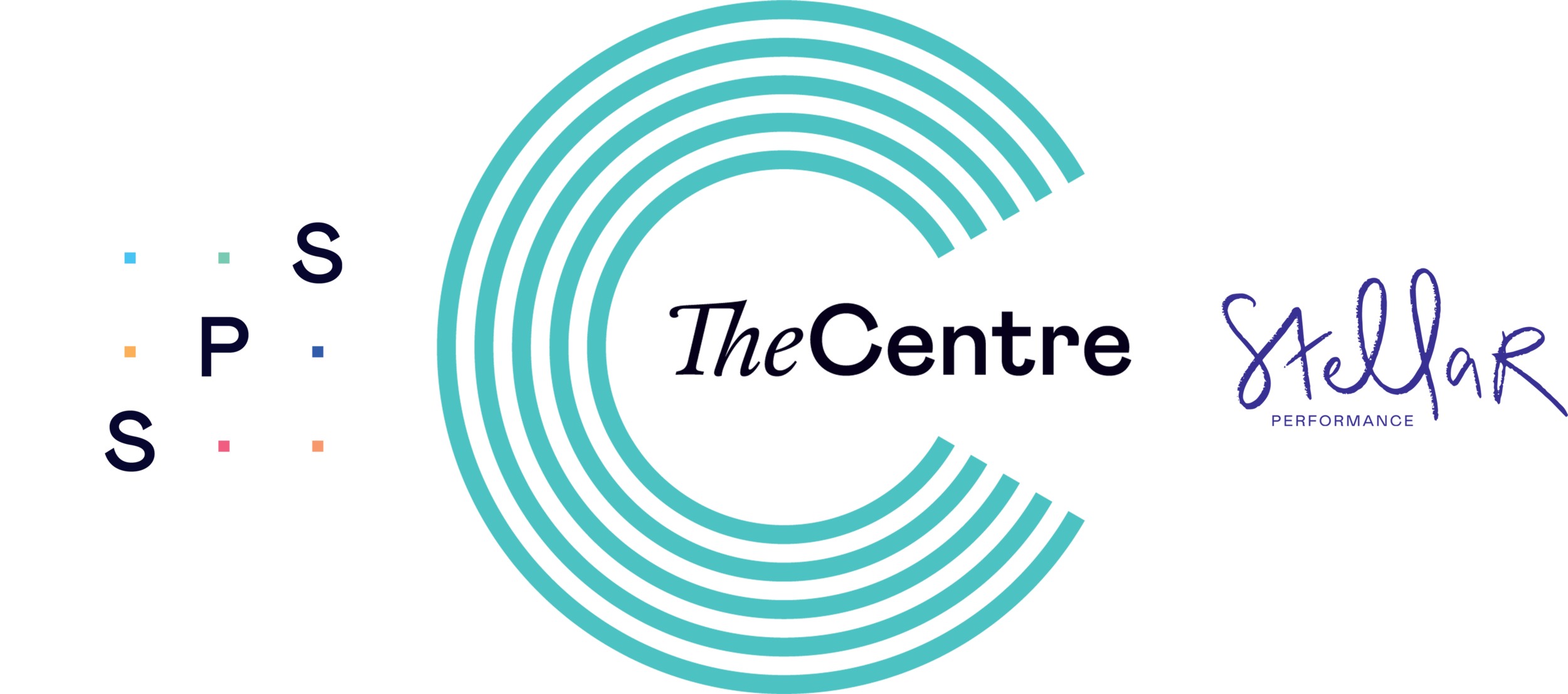G - Golgi tendon organs - Why are receptors so important to us?
Golgi Tendon Organs (GTO’s) are among the many receptors responsible for sending information to the central nervous system (CNS) and brain which once integrated into our neural anatomy and a response sent influence ‘how’ our soft tissues are perceived not only by the individual but by the therapist.
How this influences your practice every much depends on your understanding of the relationship of the receptors to the required ‘outcome’ and therefore to the individual and to your ongoing practice.
I have chosen to write a little about GTO’s because they are continually and consistently sending information regarding the tension of our soft tissues and therefore an important part of our massage & soft tissue practice, whether we are aware or not!
So how do we use the knowledge of the role of GTO’s in the management of our clients and patients?
Understanding the GTO’s are tension receptors and mainly located at the tendon- muscular junctions (MTJ) helps us to decide and understand the difference between direct pressure to the MTJ and tension registered at the GTO’s when another part of the soft tissue either connected directly (muscle) or indirectly through the fascia affects the GTO’s.
An increase in tension results in an inhibitory signal to the muscle resulting in a sensation of ‘letting go’. It should also be remembered that these receptors are found in the deep capsular layers and spinal ligaments.
Therapeutic stimulation through long slow compression or stretching close to attachments is a useful tool to increase local proprioception allowing self regulation of the affected/treatment area.
In order to measure effectiveness we must have a starting point …Assess, Assess, Assess! From assessment will come objective and subjective markers which we can retest. If you need to improve, develop or learn assessment skills then consider a One - to - One session.
GTO’s are one type of receptor, understanding many more such as Pacini, Ruffini and Interstitial receptors and how to adjust your therapy to the benefit of your clients is a necessary part of professional practice.
If you need any further help, support or guidance then contact us to arrange a One to One or attend a course in advanced soft tissue skills, assessment or agree a bespoke education programme.

